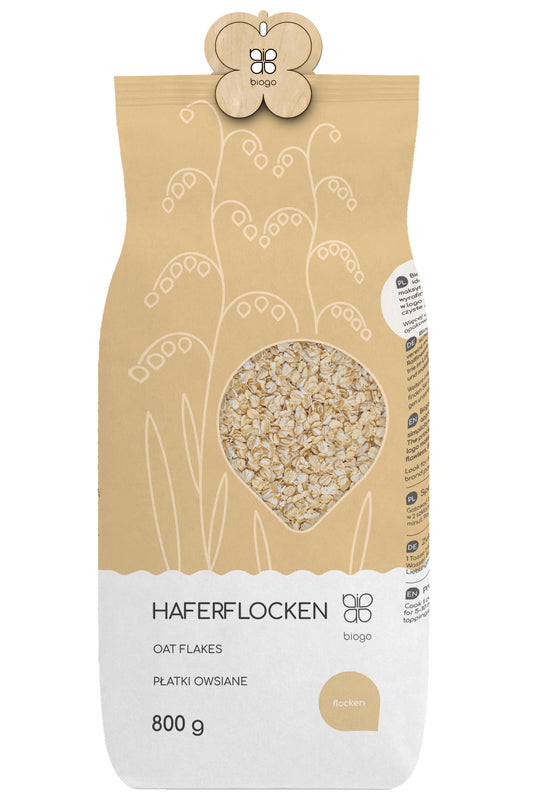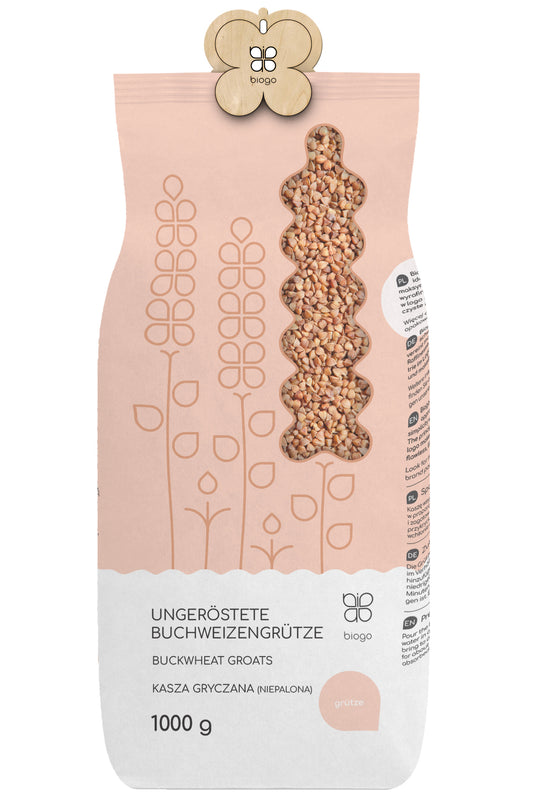CONTENTS
- Sugar
- Sodium salt and benzoate (E211)
- Aspartame (E951)
- Cochineal (E120)
- Allura Red (E129)
- Sulphur dioxide (E220)
- Phosphoric acid (E338)
- Carrageenan (E407)
- Monosodium glutamate (E621)
- Nitrates (E251 and E250)
- Summary
We live in interesting times. On the one hand, the food industry, as well as methods of food production and preservation, are as advanced as ever. However, considering the latter, it's worth asking: Are all these food additives healthy? There's no clear answer to this question. It's worth remembering that everything depends on many factors, such as the concentration or quantity of the product consumed. Nevertheless, in this article, we'll focus on presenting those food additives that can potentially pose a danger to us. Let's add that they are completely legal and approved for use.
Sugar
On this particular list, the most popular additive, namely sugar , cannot be missing. However, this does not mean that it is harmful in itself. Our bodies need carbohydrates, i.e. sugar, to function properly. However, too much of it is harmful. The white sugar we are familiar with, i.e. sucrose, as well as glucose, fructose and all kinds of syrups based on them, are everyday occurrences in the food industry. The price of these products plays a major role. Because they are relatively cheap and easily available, they not only serve as sweeteners but are also often used as fillers and, of course, as flavor enhancers. All kinds of sweets and sweetened drinks contain the simplest sugars. But this is not the only product range. Sugar as a filler is now used in almost all products. We find it in dairy products, breakfast cereals, sauces, bread and even cold cuts. Excess sugar affects our brain in the same way as alcohol or nicotine. Sugar addiction is possible. In addition, other complications can result from the excessive consumption of simple sugars. For example, we can mention type 2 diabetes, insulin resistance, metabolic syndrome and obesity.
Sodium salt and benzoate (E211)
The situation is similar with salt. Our bodies need it to function properly, but we consume far too much of it. The current recommendation is not to exceed 5 grams of table salt per day. In contrast, the average Pole consumes 10 to 15 grams per day. This is far too much. This can lead to high blood pressure, kidney disease, and strokes. However, producers are not innocent here either. It's no secret that salt has been used to preserve food for thousands of years. Furthermore, it's one of the most popular spices in the world, so it's no wonder we use it so often. However, you should be aware of the negative effects of an excess in your diet. Sodium benzoate, found in highly processed products, can be particularly dangerous. It's one of the most widely used preservatives and flavor enhancers. We find it in ready meals, sauces, meat, various canned goods and fruits, and even beverages. It's important that E211 doesn't accumulate in the body, but it's not worth consuming in excess. It can irritate the stomach lining, cause allergic reactions, and, in extreme cases, contribute to the development of cancer.
<h2 "id"3"="">Aspartame (E951)Aspartame is used as an artificial sweetener. It is extremely low in calories and gives the product a sweet taste, with virtually no energy. Thanks to these properties, it is often used in the production of light, fit, or zero-calorie foods. It is metabolized by our bodies, and one of the products resulting from these transformations is phenylalanine. For this reason, it is not recommended for people suffering from phenylketonuria. Aspartame can be dangerous if consumed in excessive amounts. In this case, it can cause nervous system disorders that can even lead to Parkinson's disease and epilepsy. Many studies also point to a possible carcinogenic effect, which means it contributes to the development of cancer. It is also important to note that products containing aspartame should not be heated, as this would create even more toxic compounds.
Cochineal (E120)
Cochineal, also known as carminic acid, is a popular natural dye. It is extracted from dried and powdered cactus insects. This is important, but not only for people on vegetarian or vegan diets. This dye is an ingredient in some yogurts, jellies, and other sweets. Allergy sufferers should be especially careful, as excess of this substance can cause or exacerbate allergic reactions.
Allura Red (E129)
Although this pigment isn't made from insects, it does have its downsides. It comes from nitrogen and breaks down into amino compounds during digestion, which can be carcinogenic. Furthermore, excess is especially dangerous for children. Some studies claim it can contribute to hyperactivity and decreased concentration in children. It's a common ingredient in candy, as well as sweetened beverages and breakfast cereals.
Sulphur dioxide (E220)
Sulfur dioxide is an inorganic chemical compound used to preserve vegetables and fruits. It significantly improves their appearance and prolongs their freshness. It also prevents the formation of mold and excessive darkening of the produce. Interestingly, the exact same ingredient is used to preserve wine and beer. Unfortunately, it is one of the most allergenic substances. Asthmatics should also be especially careful, as excessive consumption can cause breathing difficulties. Studies have also shown that sulfur dioxide reduces vitamin absorption, so it's worth limiting your consumption of this chemical compound.
Phosphoric acid (E338)
Phosphoric acid is an essential ingredient in colas and various energy drinks. There are many videos online demonstrating how to use it to remove rust from various metal objects. It has powerful demineralizing properties, and although its concentration in beverages is very low, it can still be potentially dangerous. Excessive consumption can lead to the development of cavities in children. It also leaches valuable minerals from the bones, which can lead to, among other things, the development of osteoporosis. Interestingly, this acid significantly increases the body's tolerance to sugar, allowing us to absorb much more of it. It is thanks to this property that we can drink so many sugary drinks without gagging.
Carrageenan (E407)
Carrageenan is a thickener and also a flavor enhancer. It is used in jams, marmalades, various sauces, and confectionery. It is also used in all kinds of light products. It is also becoming increasingly popular as a filler for meat and other animal products. Carrageenan is a potentially cancer-causing compound, but it also negatively affects the functioning and condition of the intestines. Excessive use can lead to flatulence and intestinal ulcers.
Monosodium glutamate (E621)
The taste monosodium glutamate is the fifth taste or the popular umami . It is the most popular flavor enhancer and is widely used in the food industry. We find it in fast food products, highly processed products, convenience foods and seasonings. It is a highly addictive substance and causes many side effects. As addiction progresses, the consumption of highly processed products increases, which in itself is not a healthy habit. The consequences can be obesity, an increase in blood pressure, an increase in triglyceride and cholesterol levels or diabetes. On the other hand, an excess of glutamate itself can cause insomnia, weakness, lethargy and cardiac arrhythmia.
Nitrates (E251 and E250)
Nitrates are most commonly found in cold cuts. Their primary function is to give meat a pink color and preserve it. Importantly, they are the main ingredient in meat curing mixtures. Unfortunately, sodium nitrates react chemically with food, producing nitrosamine. This is a highly carcinogenic substance. To partially reduce this effect, manufacturers add antioxidants to the meat, which further increases the amount of "chemicals" in the product.
Summary
Food additives are a fluid topic. However, the examples presented in the list above walk a very fine line. It's impossible to negate their potential negative effects on our bodies. Therefore, we recommend checking product labels. However, let's not demonize the effects of food additives. Despite everything, most of them are completely harmless, and some can even have a positive impact on our health.
THE PUBLISHER'S CHOICE
Dried dates 1 kg BIOGO
- £4.00
£5.00- £4.00
- Unit price
- / per
Peeled sunflower seeds 1 kg BIOGO
- £3.00
£4.00- £3.00
- Unit price
- / per
Dried organic mango 400 g BIOGO
- £10.00
- £10.00
- Unit price
- / per
Dried White Mulberries 500 g ORGANIC
- £6.00
£7.00- £6.00
- Unit price
- / per
Oat flakes 800 g BIOGO
- £3.00
£3.00- £3.00
- Unit price
- / per
Organic Ground Turmeric 500 g BIOGO
- £6.00
- £6.00
- Unit price
- / per
Milk thistle seeds 1 kg BIOGO
- £4.00
- £4.00
- Unit price
- / per
Popcorn (corn kernels) organic 1 kg BIOGO
- £6.00
- £6.00
- Unit price
- / per
Organic cashew nuts 1 kg BIOGO
- £18.00
- £18.00
- Unit price
- / per
Unpeeled buckwheat groats 1 kg BIOGO
- £3.00
£3.00- £3.00
- Unit price
- / per







































































































































